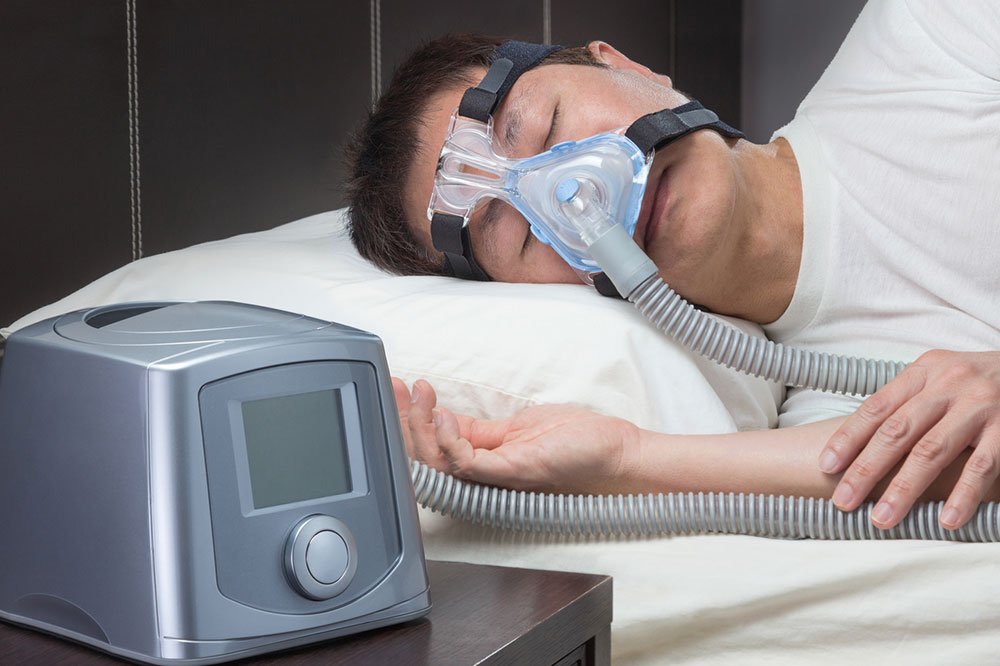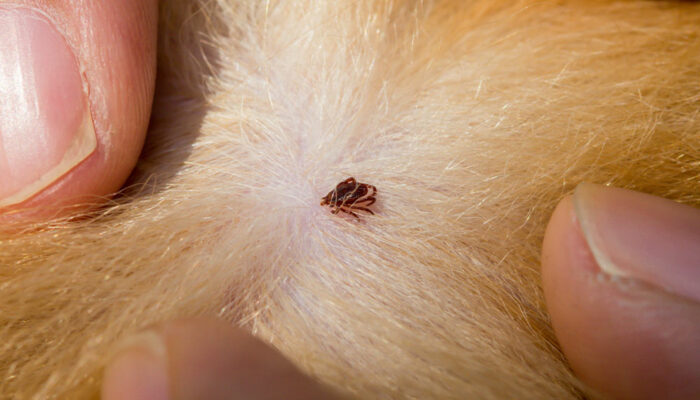
Sleep Apnea – Types and Causes
A dangerous sleep disorder, sleep apnea can cause breathing to stop and start repeatedly, depriving the brain and body of sufficient oxygen. This condition is usually characterized by loud snoring, restless sleep, dry mouth, irritability and heartburn. Now, the causes of sleep apnea usually depend on the type you are suffering from. This article also discusses the factors that can increase your risk of getting sleep apnea.
Causes of Sleep Spnea
The following causes of sleep apnea have been linked to their types.
- For Obstructive Sleep Apnea
In this case, the muscles which support your soft palate, uvula, tongue, throat’s side walls, and the tonsils, relax. As these muscles are positioned in the back of the throat, their relaxation causes the airway to narrow down or even close.
The presence of excess fat or thickened tissues around the airway can also interfere with the flow of air. Naturally, your blood’s oxygen level falls, signaling your brain that you can’t breathe. So, you wake up from your sleep for a moment, so that your airway can reopen.
A choking, snorting or gasping sound is usually produced. This can happen multiple times during the night, which means, you won’t be able to get restful sleep. - For Central Sleep Apnea
This form of sleep apnea is rarer than the obstructive kind and occurs when the brain fails to signal the respiratory muscles efficiently. So, briefly, you don’t make any effort to breathe, which leads to shortness of breath and waking up suddenly from sleep.
Patients might face difficulty in staying asleep or trying to sleep in this case. Usually, conditions like heart failure, stroke, pain relief medicine or high altitude can cause central sleep apnea.
Risk Factors of Sleep Apnea
These risk factors are quite common among patients:
- Circumference of the Neck
Having a thick neck can increase the risk of sleep apnea, by making the airway narrow. - Obesity
Excessive weight usually implies fat deposits surrounding the airway, leading to obstructions. - Tonsils/adenoids/genes
Often, people inherit narrow airways or have adenoids or tonsils that exert pressure on the airway, narrowing it. A family history of sleep apnea increases the risk in an individual. - Aging
It has been observed that the elderly are more prone to sleep apnea than young adults. - Gender
While men usually have a higher risk of getting sleep apnea, women who gain excess weight or enter their menopausal phase are at risk too. - Smoking
Obstructive sleep apnea is more commonly found in smokers than non-smokers. Ss smoking causes inflammation in the upper part of the airway. - Alcohol and Sedative Use
Both alcohol and sedatives can relax your throat muscles by more than is safe, leading to sleep apnea or making the problem worse. - Congested Nose
Allergies or anatomical issues can make breathing through the nose difficult at times. Naturally, this can restrict airflow, and is one of the well-known causes of sleep apnea.
Knowing about the causes of sleep apnea can make one more cautious and seek medical help if any disturbing symptoms are noticed.



